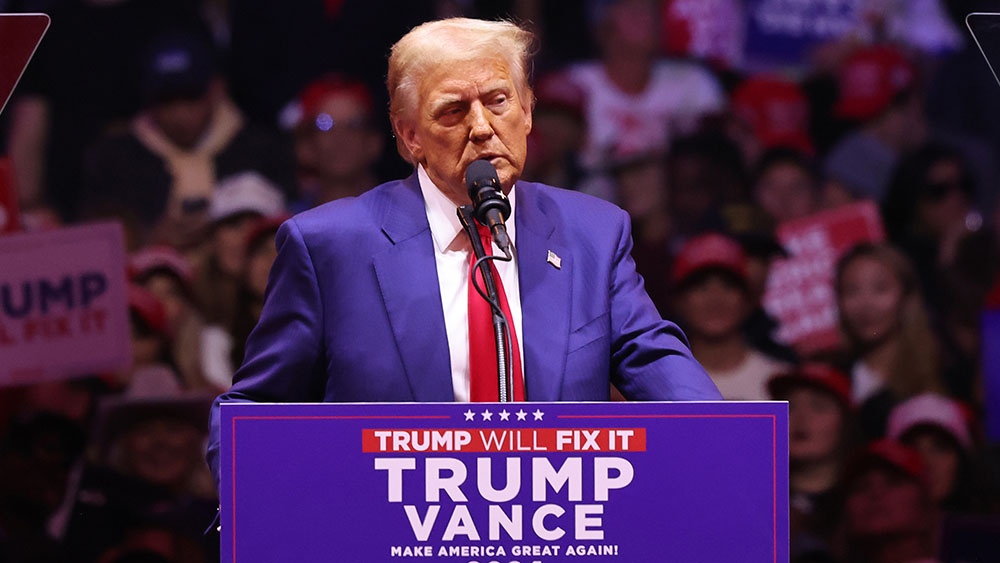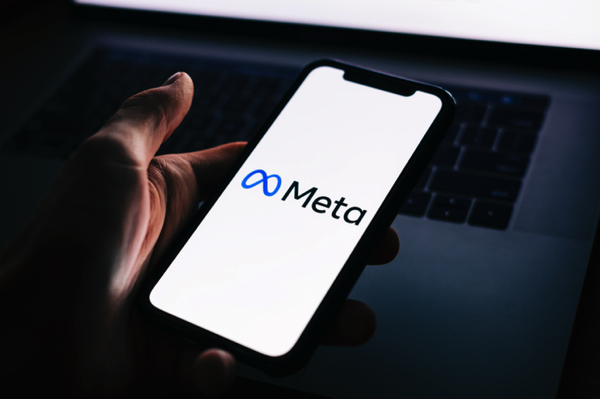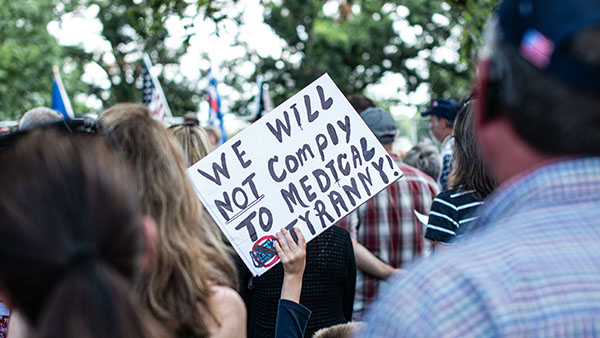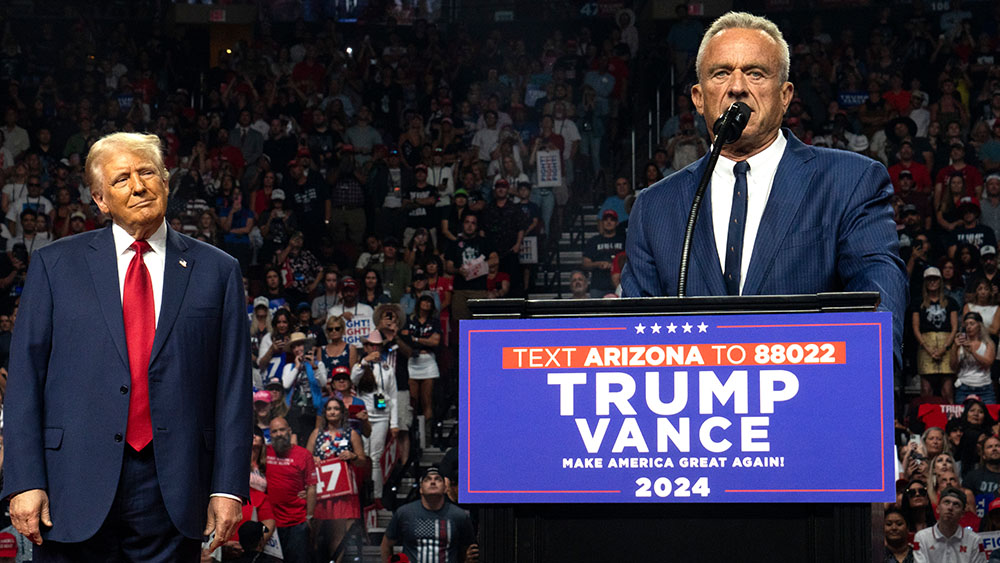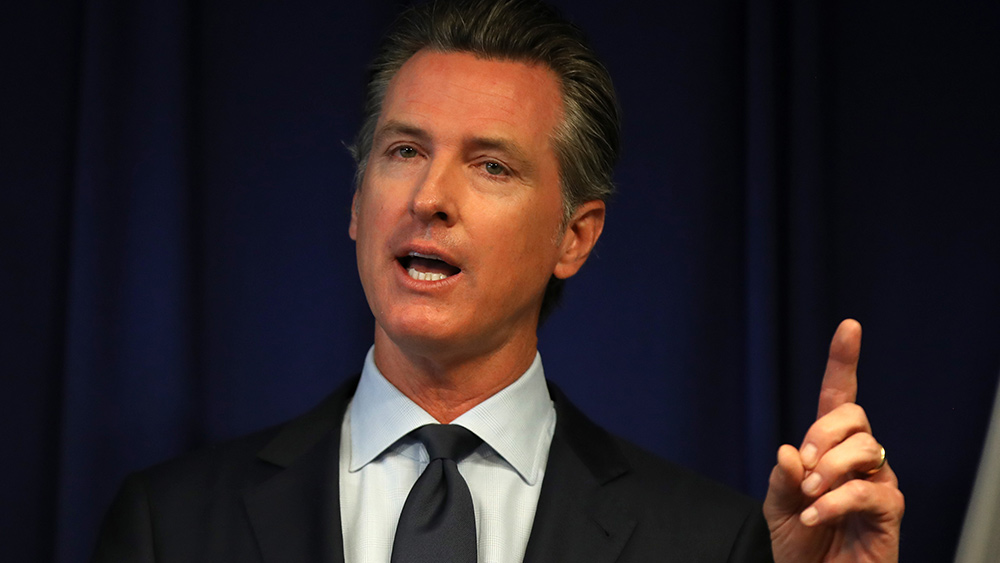 Parler
Parler Gab
Gab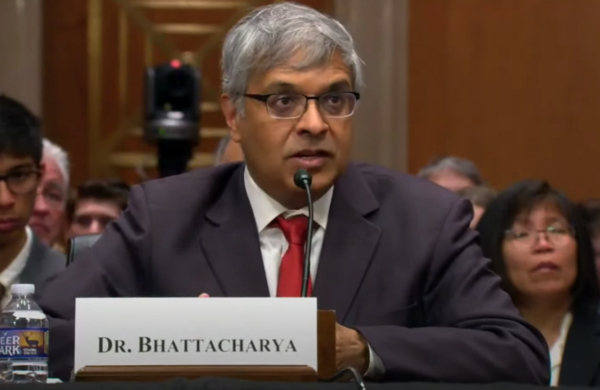
- The NIH has initiated an internal inquiry to identify contracts linked to censorship or biased health messaging, including vaccine promotion and COVID-19 narratives, under new director Dr. Jay Bhattacharya.
- The agency recently revoked 33 grants aimed at combating vaccine hesitancy, signaling a shift away from federally funded messaging campaigns that may suppress dissent.
- As a critic of pandemic-era policies (e.g., lockdowns, mandates), Bhattacharya faced censorship and sued the government over alleged collusion with tech companies to silence dissenting scientific views.
- The NIH’s actions reflect a larger struggle against censorship in public health, with critics arguing suppression of debate harms trust and scientific progress.
- Bhattacharya vows to foster transparency and diverse perspectives at the NIH, though advocates stress the need for further accountability, including prosecutions and policy reversals.
An urgent call for transparency
According to STAT News, agency officials, in preparation for the swearing-in of incoming director Dr. Jay Bhattacharya, recently directed staff to identify any existing contracts potentially linked to "any form of censorship at all or directing people to believe one idea over another related to health outcomes." The request, which carried a deadline of noon Wednesday, signaled a sweeping reassessment of federally funded messaging campaigns. Included in the NIH’s internal email were instructions to flag agreements tied to vaccine promotion or public health narratives emphasizing the “dangers of Covid or not wearing masks.” The directive also advised employees to search for terms such as “media literacy,” “social media,” “social distancing,” and “lockdowns” — all terms frequently associated with the suppression of dissenting viewpoints during the pandemic.Canceling grants for "vaccine hesitancy"
This review comes on the heels of similar actions that preceded abrupt funding withdrawals. Earlier in the month, NIH notified researchers that at least 33 grants aimed at combating “vaccine hesitancy” would be canceled, with another nine slated for reduction or revision. Hours after NIH director Bhattacharya was confirmed, the agency tackled one of his priorities — ending ‘censorship’ in science. The early morning email, marked “URGENT,” asked contracting officers at the NIH to respond by “noon today” with information on any contract that “may be related to any form of censorship at all or directing people to believe one idea over another related to health outcomes.”Dr. Bhattacharya’s journey
President Donald Trump’s selection of Dr. Jay Bhattacharya to lead the National Institutes of Health signals a renewed commitment to transparency, scientific freedom and reform. A Stanford professor with dual training in medicine and economics, Bhattacharya has long emphasized data-driven decision-making and compassionate public health policy. During the COVID-19 pandemic, he became a national figure for challenging the dominant narrative on lockdowns and mandates, arguing they caused unintended harm. Bhattacharya’s advocacy came at a cost. He was censored on major social media platforms and became a plaintiff in a landmark lawsuit alleging that the federal government colluded with Big Tech to suppress dissenting views on public health. Internal documents revealed that his views were intentionally downranked or hidden, despite being grounded in credible research and expertise. Rather than backing down, he fought back — defending not just his own speech, but the principle that science must remain open to challenge. In October, Jay Bhattacharya posted on X: “If you favor government control of misinformation, you are an enemy of free speech.” This statement underscores his commitment to free expression and scientific integrity.Why this matters today
The NIH’s internal inquiry and the cancellation of grants targeting "vaccine hesitancy" are significant steps in a larger battle for free speech and scientific openness. This issue gained prominence during the COVID-19 pandemic, when dissenting views on public health measures were often silenced or marginalized. Critics argue that such censorship not only stifles scientific debate but also erodes public trust in health institutions. For years, Dr. Bhattacharya has been at the forefront of this battle. As a critic of pandemic-era restrictions, he co-authored the “Great Barrington Declaration,” which advocated for focused protection of vulnerable populations rather than broad lockdowns. His efforts have been met with significant resistance, including censorship and personal attacks. The Biden administration's alleged collusion with social media companies to censor dissenting views on COVID-19 policies, lockdowns, and mask and vaccine mandates has been the subject of multiple lawsuits. In a landmark case, the U.S. Supreme Court acknowledged that Bhattacharya and other plaintiffs were indeed censored, though it remanded the case to the lower court for further proceedings.Reform and transparency
In his nomination hearings, Bhattacharya committed to changing the culture of censorship at NIH. “Over the last few years, top NIH officials oversaw a culture of cover-up, obfuscation and a lack of tolerance for ideas that differ from theirs,” he said. “Dissent is the very essence of science. I’ll foster a culture where NIH leadership will actively encourage different perspectives.” He emphasized that scientific progress requires tolerance for a broad range of perspectives. “I want to make sure that all the ranges of hypotheses are supported,” Bhattacharya told committee members. He also highlighted the harms caused by censorship of non-establishment perspectives, including the negative impacts of pandemic-era measures such as lockdowns on child development and the spread of the virus. The NIH’s recent actions, including the cancellation of grants targeting "vaccine hesitancy," are a significant step in the right direction. However, as Toby Rogers, Ph.D., a scholar at the Brownstone Institute, pointed out, more needs to be done. “Cancelling contracts is a good start. We also need to fire the people responsible, prosecute any criminal actions, repeal any laws or policies that enabled this to happen, and allow the public to access all government records concerning the censorship program.” The fight for free speech and scientific integrity is far from over, but the NIH’s recent actions under Dr. Bhattacharya’s leadership mark a promising beginning. As the agency continues to reassess its funding practices and promote open scientific discourse, the hope is that it will set a new standard for transparency and accountability in health research. Sources include: ReclaimTheNet.org STATNews.com ChildrensHealthDefense.orgU.S. lawmakers investigate Meta over alleged China collaboration
By Belle Carter // Share
Idaho Gov. Brad Little signs Medical Freedom Act banning vaccine mandates
By Laura Harris // Share
HHS Secretary Robert F. Kennedy Jr. to end fluoridation of U.S. drinking water
By Laura Harris // Share
By News Editors // Share
Governments continue to obscure COVID-19 vaccine data amid rising concerns over excess deaths
By patricklewis // Share
Tech giant Microsoft backs EXTINCTION with its support of carbon capture programs
By ramontomeydw // Share
Germany to resume arms exports to Israel despite repeated ceasefire violations
By isabelle // Share
